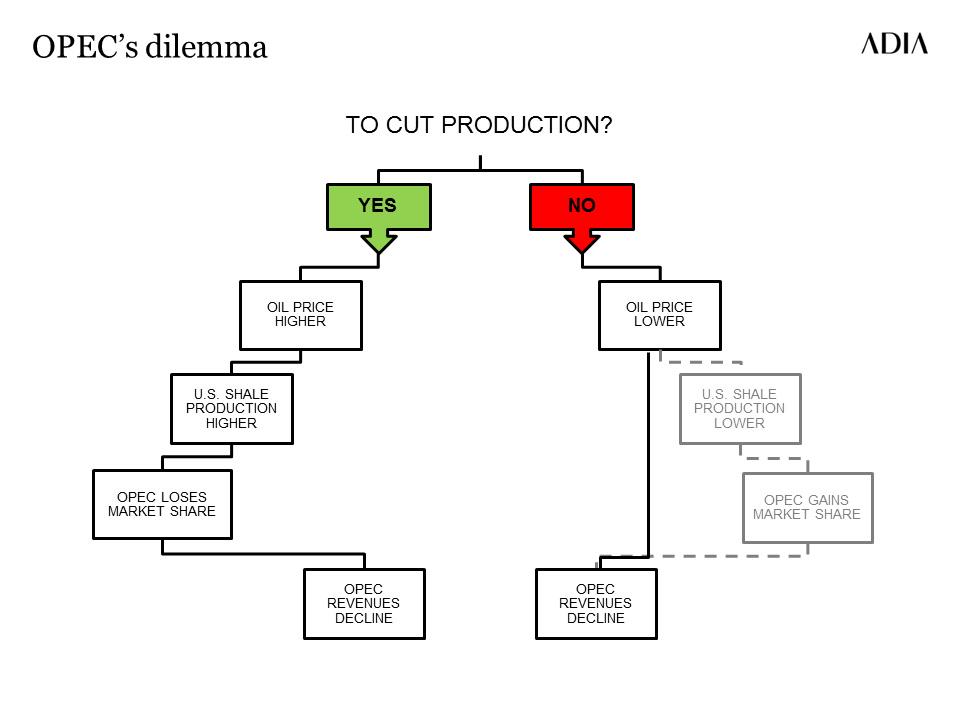
Graham & Dodd on Technical Analysis




Here are some great tips from Market Wizard Linda Raschke.

In trading as in life, effectiveness has to be the measure of truth. If something doesn’t work, there is no point in continuing to do it. Misperceptions, false unconscious or conscious beliefs, and unhelpful behaviors can contaminate and desecrate your most sought after results.
Imagine the frustration of a trader who perceives that a market is changing direction when in fact it is persisting in its original thrust. Or consider, for further example, an investor who bought into the belief that buy and hold is a valid investment strategy. That investor had to have experienced devastating losses over the past year. Or ponder the trader who repeatedly fails to utilize stop losses and experiences numerous outsize losses because he won’t accept a loss. (more…)
 Many of you have asked us that you have plan on or have written a book on the subject of trading. We haven’t yet, but plans are
Many of you have asked us that you have plan on or have written a book on the subject of trading. We haven’t yet, but plans are
currently in the works for one. In organizing our notes recently, We have found a number of great trading rules that we have gathered
along the way. Here are a few that we think are particularly helpful now:
1. Be on the correct side of the supply and demand forces at work.
2. Never upset the trading Gods by talking up your book. Hubris kills.
3. Risk must be embraced, not feared.
4. Reversals are always more lucrative than trends.
5. Cycles tend to change before you can take advantage of them.
6. Wishful thinking and emotional trading are a loser’s game.
7. Never fall in love with a winning stock.
How do you know you have an improper trading psychology? Here are a few things to look out for:-
1. Feeling too much stress
2. Successful ‘paper trading’, but not successful when trading the real markets
3. Getting mad or too joyous, depending on your trading outcomes or results (excessive highs & lows)
4. Feeling fear
5. Can’t ‘pull the trigger’
6. Fail to exit trading positions at stop loss points
7. Exit trades to relieve anxiety
8. Impulsive trading, etc.
When ‘paper trading’, you are apt not to feel the psychological impacts of real trading. Thus, ‘paper trading’ will not generate most of the above psychological feelings. However, when making the transition from ‘paper trading’ to real trading, the psychological issue may be felt and have to be dealt with just like when you learned the skills of your trading system.
When you hear that trading is both an ‘art’ and a ‘science’, it often refers to the combination of psychology and feelings, with that of a technical trading approach.
In order to be successful, the psychology has to be mastered and managed.